Social media is a substantial part of Generation Z. From TikTok to Snapchat, social media platforms provide people with a way to express themselves and share their opinions. But a new Florida policy places restrictions on where students can access social media.
Florida House Bill 379 went into effect July 1, just in time for the new school year. The law bans students from utilizing any social media platforms at school on district wifi, unless they’re directed to by their teacher.
Students like Julian Roud, seventh grade theater major, don’t see the harm in using social media to communicate.
“I’m just talking to my friends,” Roud said. “I’m not using it for anything else. So it’s similar to communication because most of them [students], I don’t have their numbers, and it’s easier to make friends on Snap[chat].”
Students who want to make a TikTok video or send a picture to their friend on Snapchat during school hours are barred from doing so. The new law now reflects the long-standing rule at Bak Middle School of the Arts, which prohibits students from using their phones during the school day.
Mia Terrazas, school mental health professional, thinks the new law can offer benefits to students in the long run.
“I think it [the ban] allows students a kind of social media brain break and more opportunities to potentially connect to a real person,” Terrazas said.
This ban also has its perks in the eyes of students. It provides them with the opportunity to talk to each other face to face, free from the distraction of their phones. However, this presents a problem for students who find it hard to talk with others in person and prefer to use an app to communicate.
While these rules restrict phone use and social media on campus, some students feel middle schoolers don’t need social media to begin with, due to its negative impacts.
“I feel like you really shouldn’t have social media, actually,” Zayne Dababneh, eighth grade strings major said. “I mean, of course I want it, but I don’t think you should have it at any age, because it’s really influencing, and it creates messed up mindsets. Whatever you see, you believe.”
Social media apps often have a parental supervision feature to stop kids from going on inappropriate sites. But on campus, HB 379 also requires schools to implement a social media awareness curriculum, instructing students on how to safely use these platforms.
Guidance counselor Robin Taverna feels that this law helps to protect students online.
“[I know] it might not be as fun for the students, and they might not like it as much because they would rather be doing TikTok … but I think it keeps them from being exposed to stuff, and it keeps them from exposing themselves when they shouldn’t be,” Taverna said.
Taverna believes that this new law is like a guideline that keeps students in check and controls what they can and cannot do on campus – just like normal school rules.
Brooklyn Bricklemyer, sixth grade communication major, thinks the law is appropriate at the middle school level, but not necessarily beyond that point.
“I think the new Florida phone law should be for kindergarten through eighth grade because, in my opinion, when you hit high school you are more mature, you take more responsibility and you act more of your age,” Bricklemyer said.
Bricklemyer feels as though the new law is acceptable for kindergarten through eighth grade.
Bricklemyer does not agree with the new law when it comes to high school students. Her reasoning is, when a student enters high school, they are more aware of real-world responsibilities.
Terrazas thinks times have changed when it comes to how students connect with their peers. In her work, she’s seen the shift take place over time.
“I found more kids now saying they don’t even know the name of the person next to them,” Terrazas said. “But they probably know their Instagram handle.”


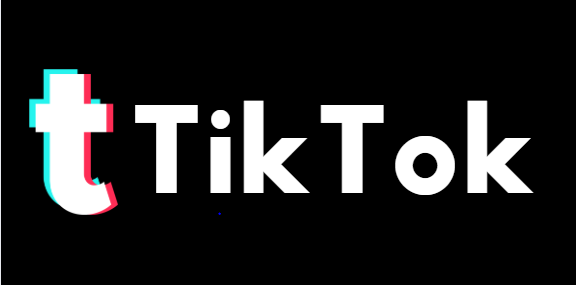

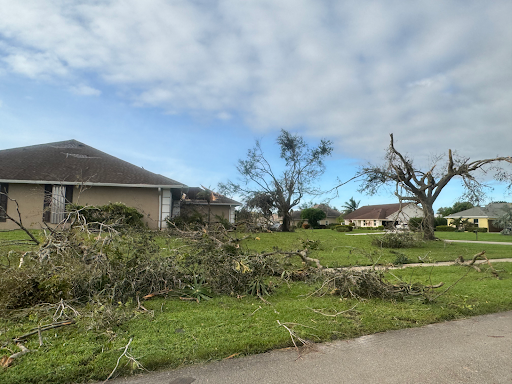

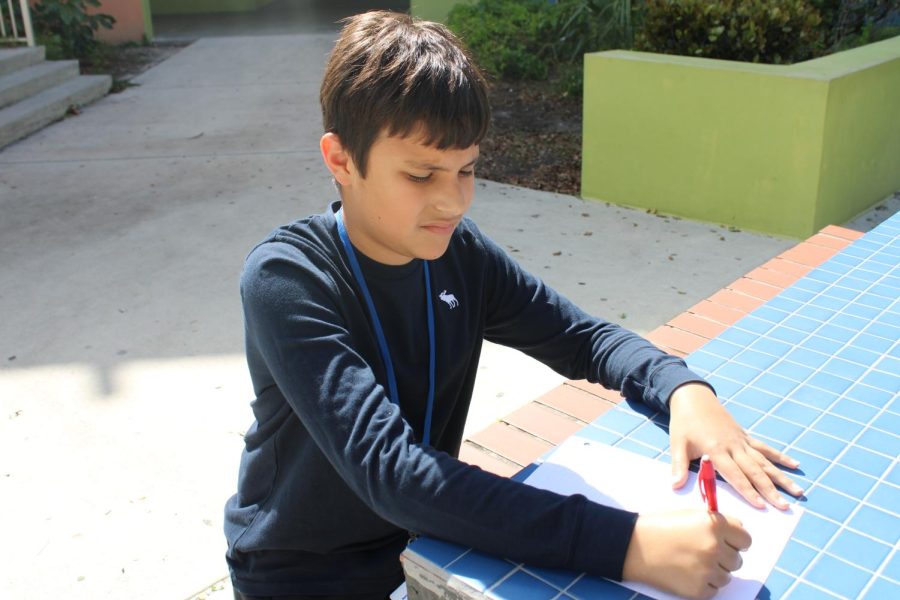
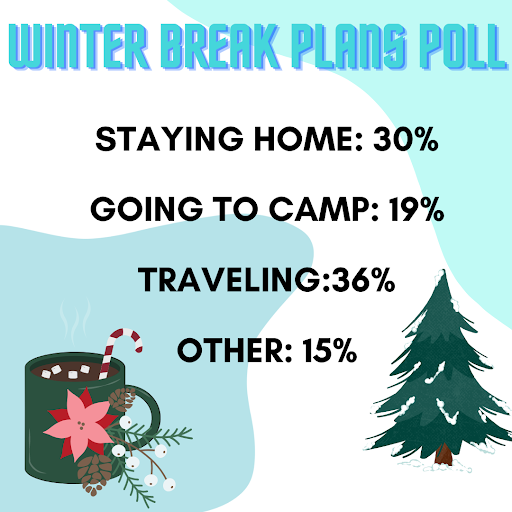
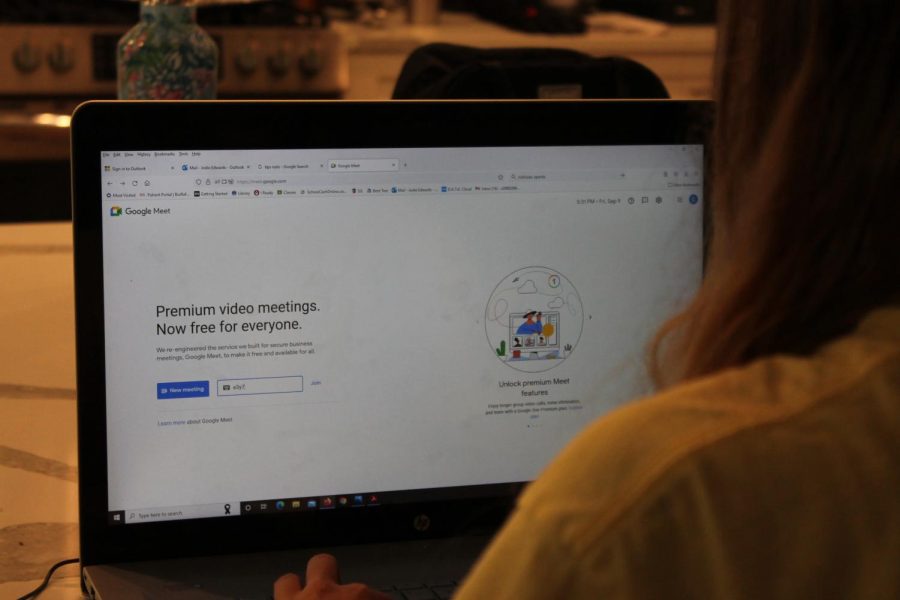
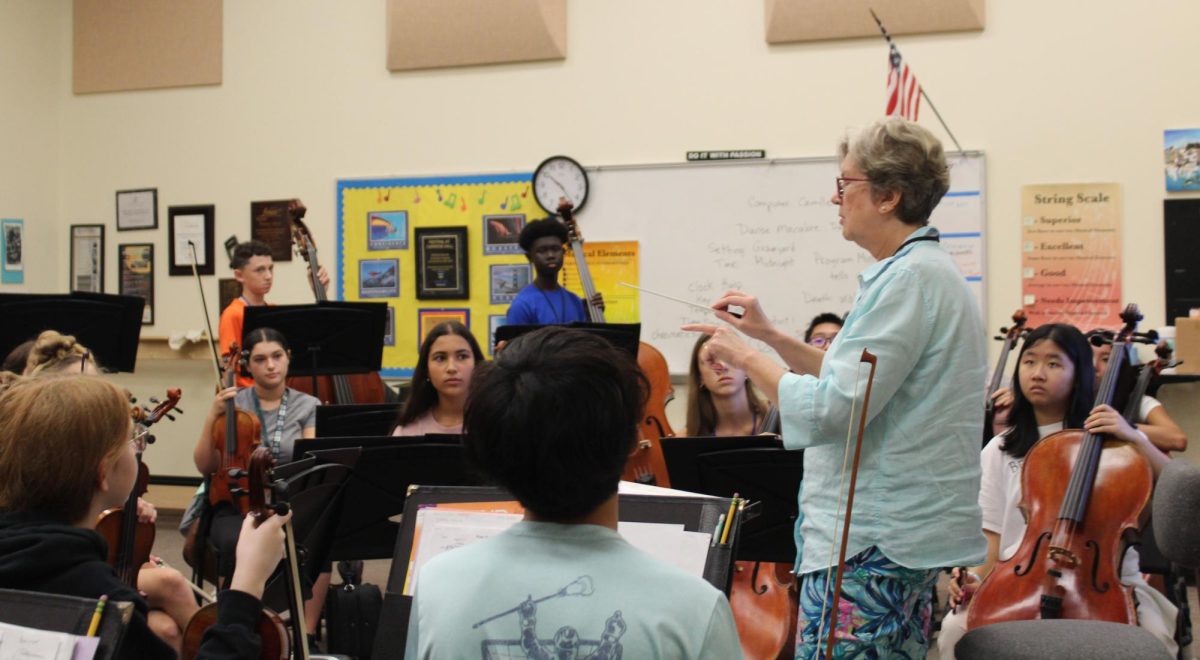
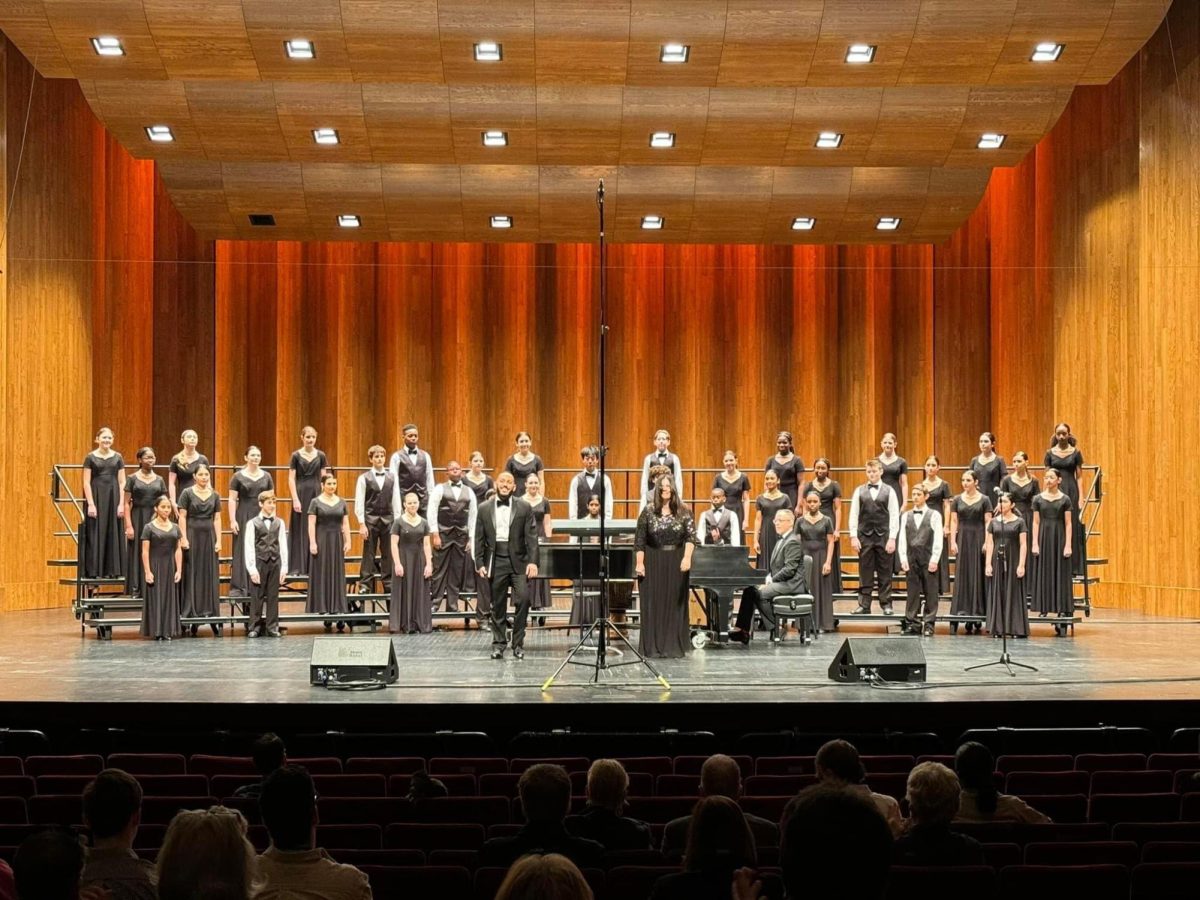
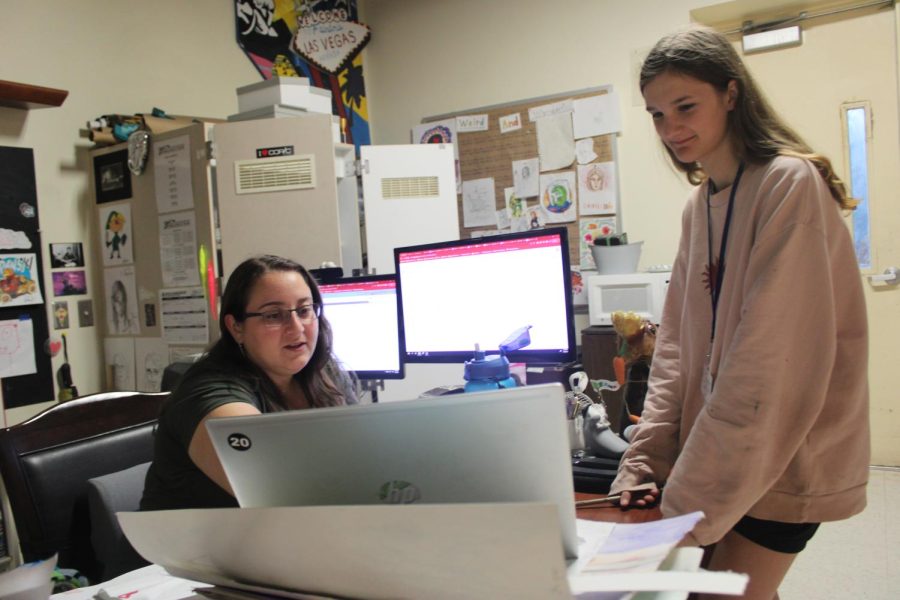
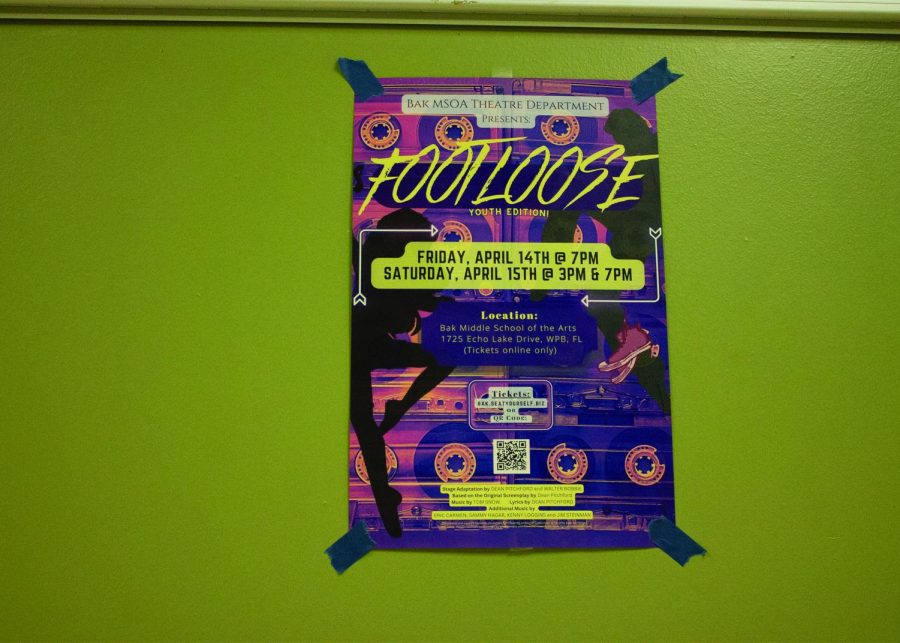






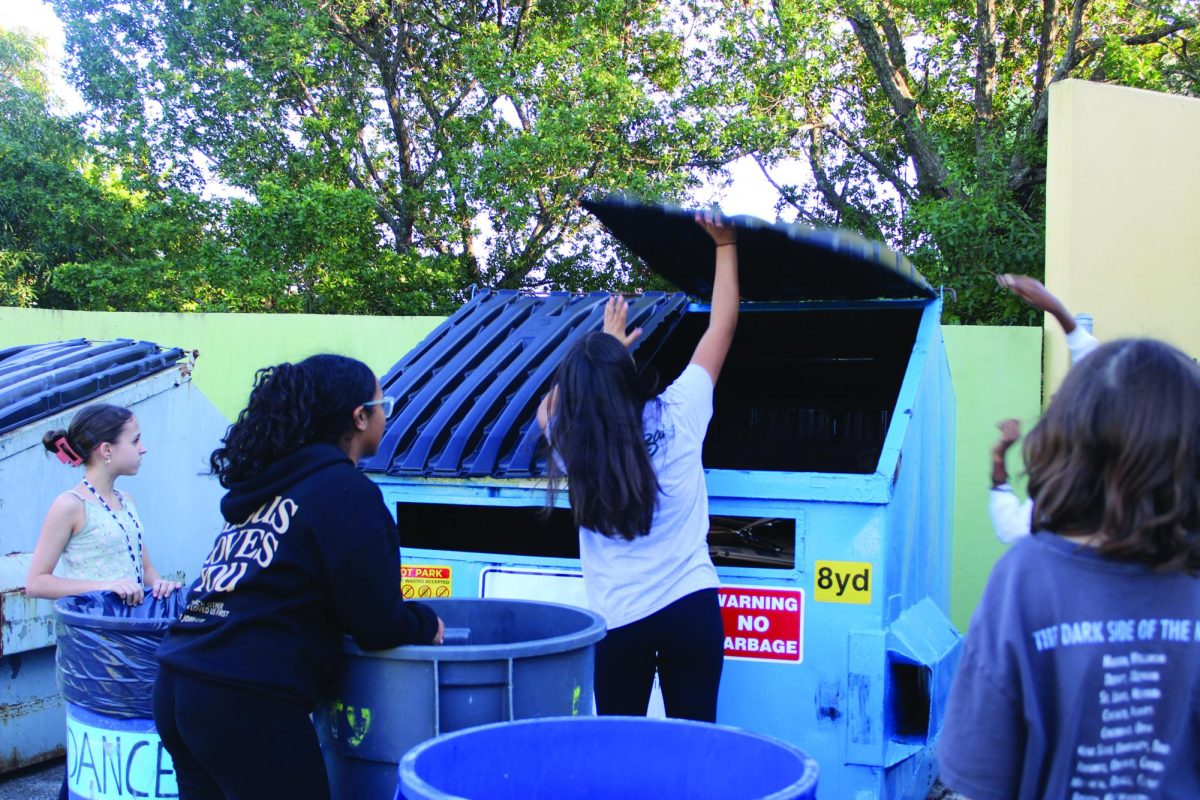




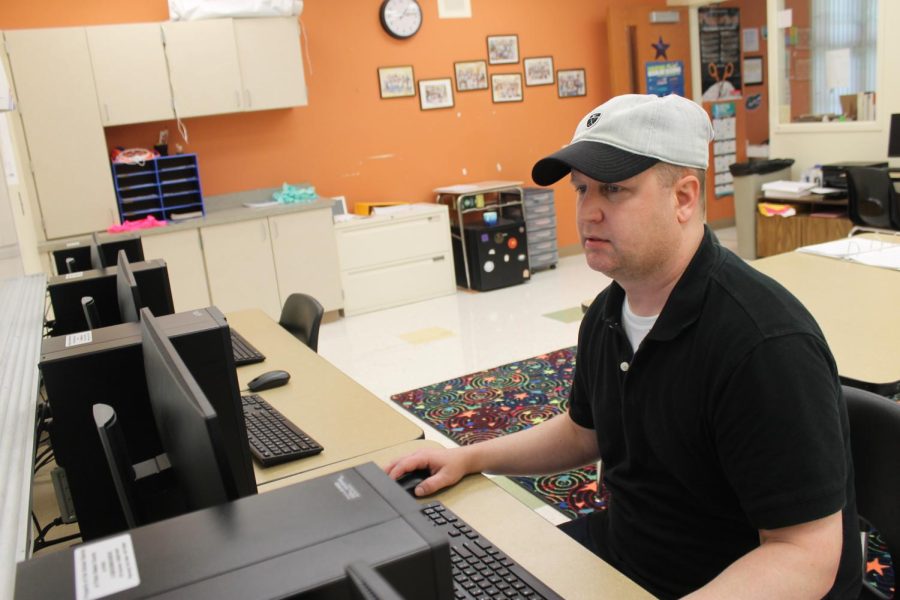








![Seventh grade theater majors London Perry, Liv Wittmann, Angelique Rondon and seventh grade communications major Dejuan Moreland use their phones during dismissal to text their parents. “I think it [HB 379] is a good policy because it can prevent bad situations from happening,” Rondon said.](https://portfolionews.org/wp-content/uploads/2023/10/Social-media--1200x800.jpg)
